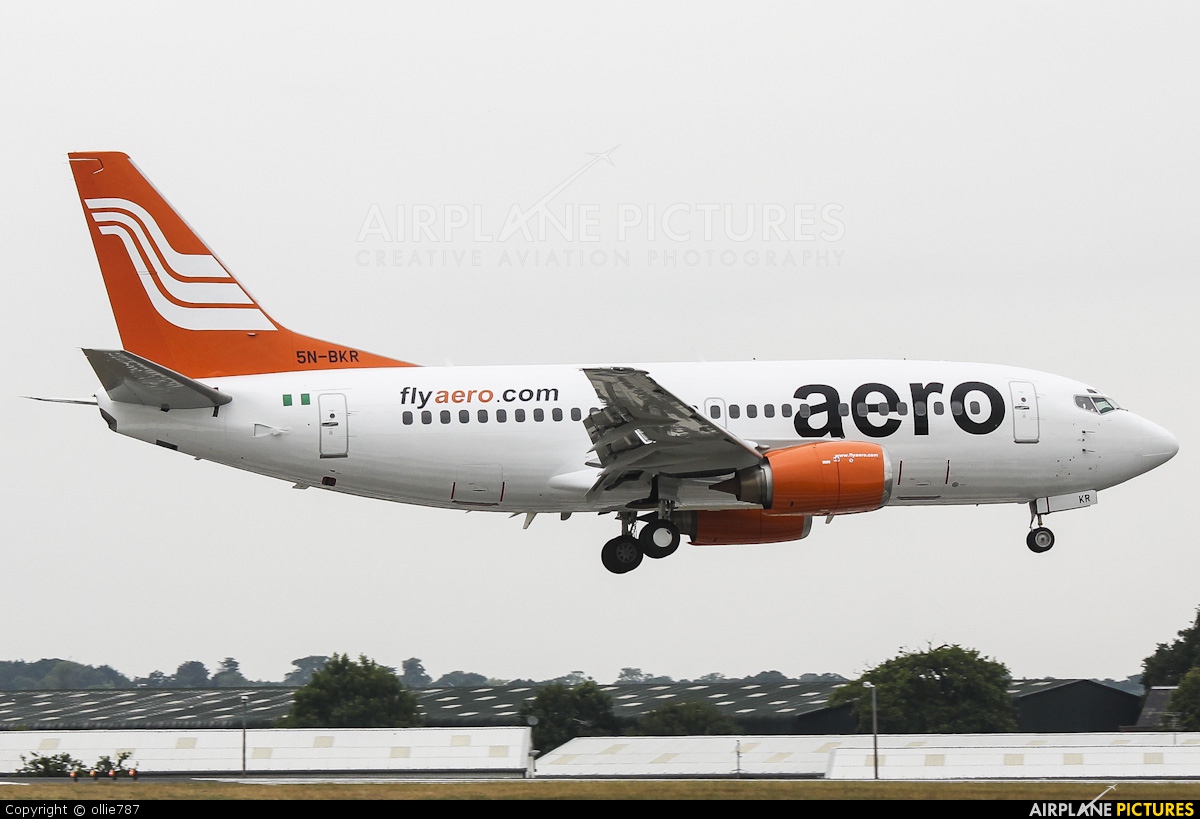- Aircraft Maintenance: Nigeria, W’Africa Airlines to Save $1bn Yearly
Stakeholders in the aviation industry have said that Nigerian and West African airlines could save billions of dollars annually on aircraft maintenance with the establishment of Aero Contractors’ Maintenance, Repair and Overhaul facility at the Murtala Muhammed Airport, Lagos.
The stakeholders made this known at the roll-out of the first successfully conducted Boeing 737-500 C-check at the facility, on Friday.
A former President of the National Association of Aircraft Pilots and Engineers, Isaac Balami, said airlines in the West African sub-region were spending at least $1bn yearly on the maintenance of aircraft in Europe and America.
He said Aero’s MRO facility would help to curb capital flight in that area of operation of the airlines.
The Minister of State for Aviation, Senator Hadi Sirika, noted that airlines were spending at least $1.8m on each C-check on their B737 classic, the most commonly used aircraft for domestic flight operations in the country.
Sirika, who was represented at the unveiling of the aircraft by the Commissioner, Accident Investigation Bureau, Akin Olateru, said Aero’s accomplishment was commendable, adding that the takeover of the airline by the Asset Management Corporation of Nigeria had paid off.
“Just yesterday, Aero Contractors was on the verge of being written off as another failed airline in Nigeria; but today, the story is different,” he stated.
A former Director-General of the Nigerian Civil Aviation Authority, Dr. Harold Demuren, said maintenance was a major problem for airlines due to its cost.
“Maintenance is done in dollars, while the airlines sell tickets in naira. This is killing the airlines. The success recorded by Aero with the establishment of this MRO and successful completion of a C-check must continue,” he added.
The Managing Director, AMCON, Ahmed Kuru, stated that aviation remained a critical sector for the country’s economic prosperity.
Kuru, who was represented by AMCON’s Executive Director, Aminu Ismail, said if the country must compete globally, the only option was to have a sustainable, vibrant and dependable aviation industry.
The Managing Director, Aero, Ado Sanusi, said conducting aircraft C-check in the country was a huge milestone for the aviation industry.
While appealing to the Nigeria Customs Service to ensure easy passage and clearance of tools for the maintenance process, he stated that Aero had applied to be granted a free trade zone status by the Nigerian Export Processing Zones Authority to help the turnaround time for the MRO facility.

 Naira4 weeks ago
Naira4 weeks ago
 Naira4 weeks ago
Naira4 weeks ago
 Travel3 weeks ago
Travel3 weeks ago
 Jobs4 weeks ago
Jobs4 weeks ago
 Naira3 weeks ago
Naira3 weeks ago
 Naira3 weeks ago
Naira3 weeks ago
 Investment4 weeks ago
Investment4 weeks ago
 Travel4 weeks ago
Travel4 weeks ago




























